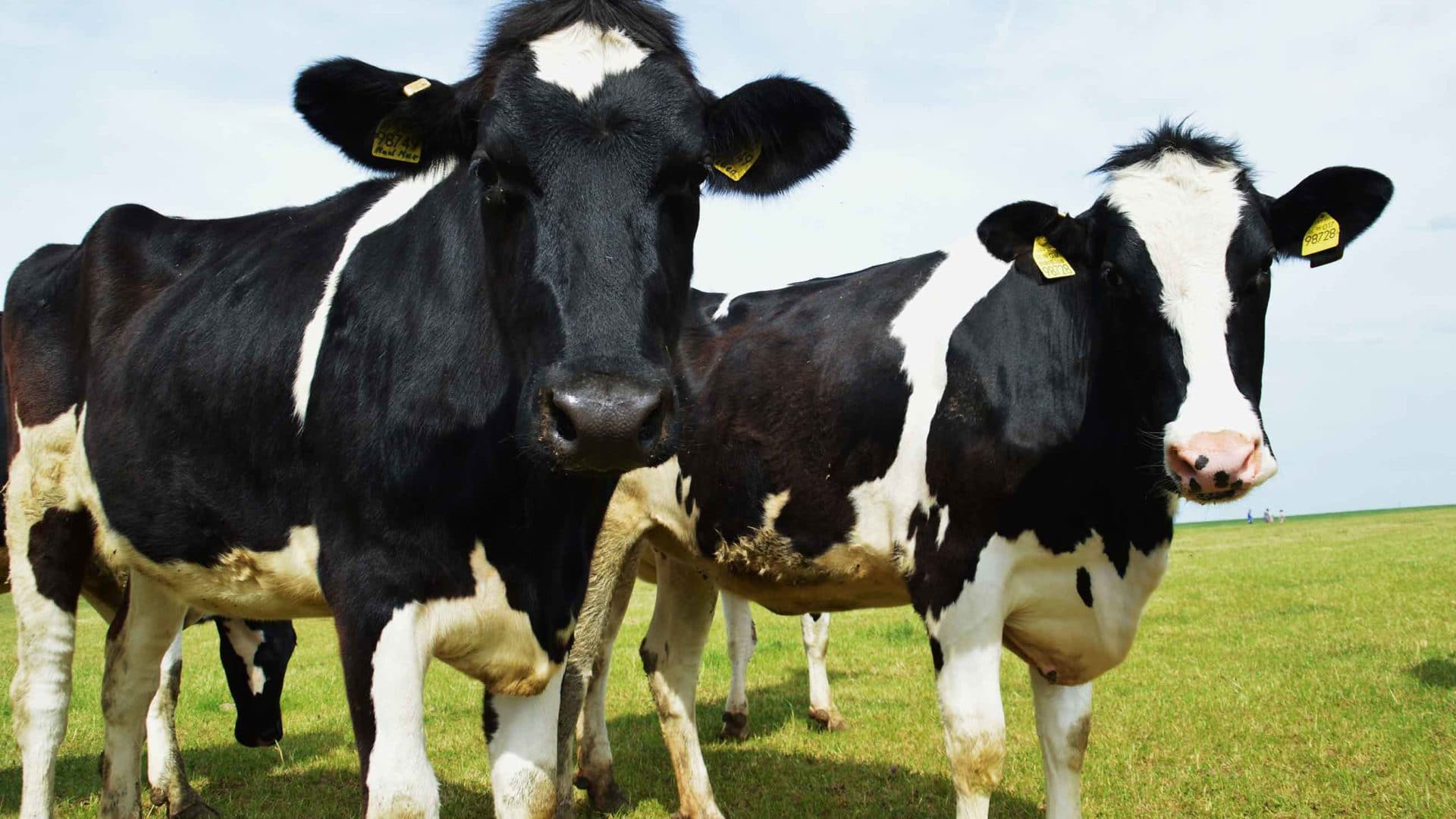Have you ever wondered what’s the number 1 agricultural source of greenhouse gases? It’s cows. A surprise right? So how do cows exactly contribute to climate change?
Cow’s burping
When cows eat food, their microbes help digest the foods by fermenting them. Afterwards, cows will burp, releasing methane. Every year, a single cow produces over 220 pounds of methane. Methane is a greenhouse gas like carbon dioxide, but it is 28 times more potent in warming the atmosphere.
Land Problems
Other than producing methane, cows take up a massive amount of land. In the United States alone, cows take up nearly half the land in the country. This is a problem for two main reasons.
First off, the forests, wetlands, and savannas can absorb and store carbons. However, a 2018 study found out about 12.4 million acres of forest are cleared each year for farming. This turns the land from removing and storing carbons into lands that produce carbons.
Another issue is cows can overgraze the lands they occupy on. This leads to degraded soil health and biodiversity. Healthy root systems are important since longer and denser roots can hold more atmospheric carbon in the soil.
Solutions
One solution being developed is new diets for cows to eat food that are easier to digest. One popular food suggested is seaweed. Seaweed can reduce up to 60 percent of methane emissions by using 1 percent of seaweed in the diet. Another solution suggested is to manage cattle grazing properly, making sure cows eat enough but don’t overgraze. This ensures the grass has enough recovery time.
As we discover more ways cows are unhealthy for the environment, we will develop more methods in reducing methane emission from cows.
References:
1. https://www.ucdavis.edu/food/news/making-cattle-more-sustainable/
2. https://www.washingtonpost.com/climate-solutions/2019/11/18/are-my-hamburgers-hurting-planet/?arc404=true
Cite:


